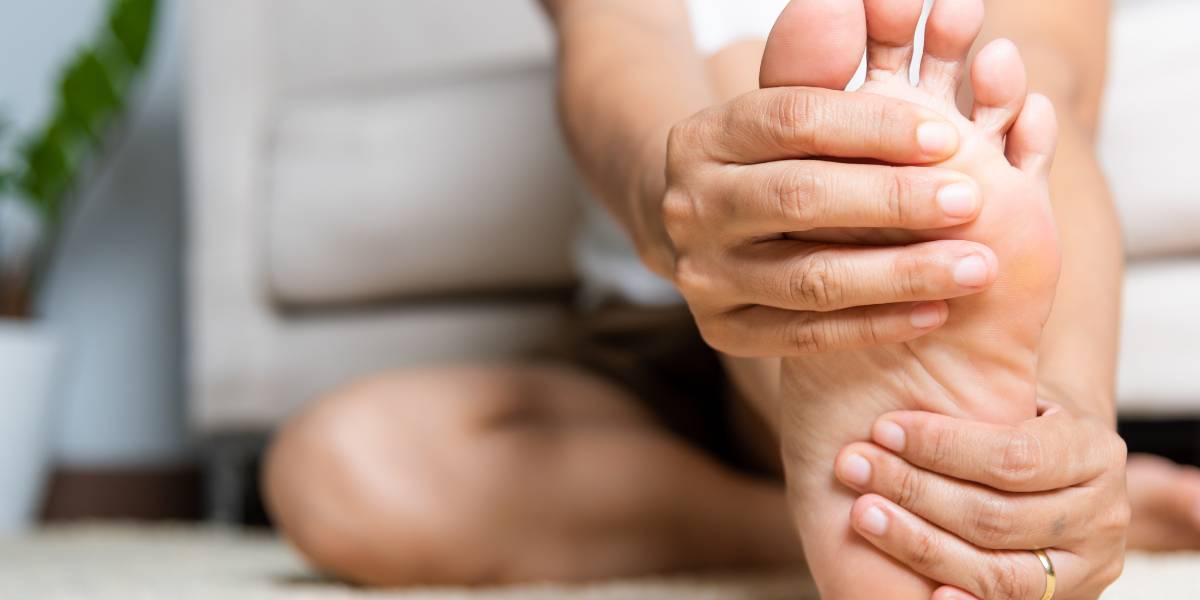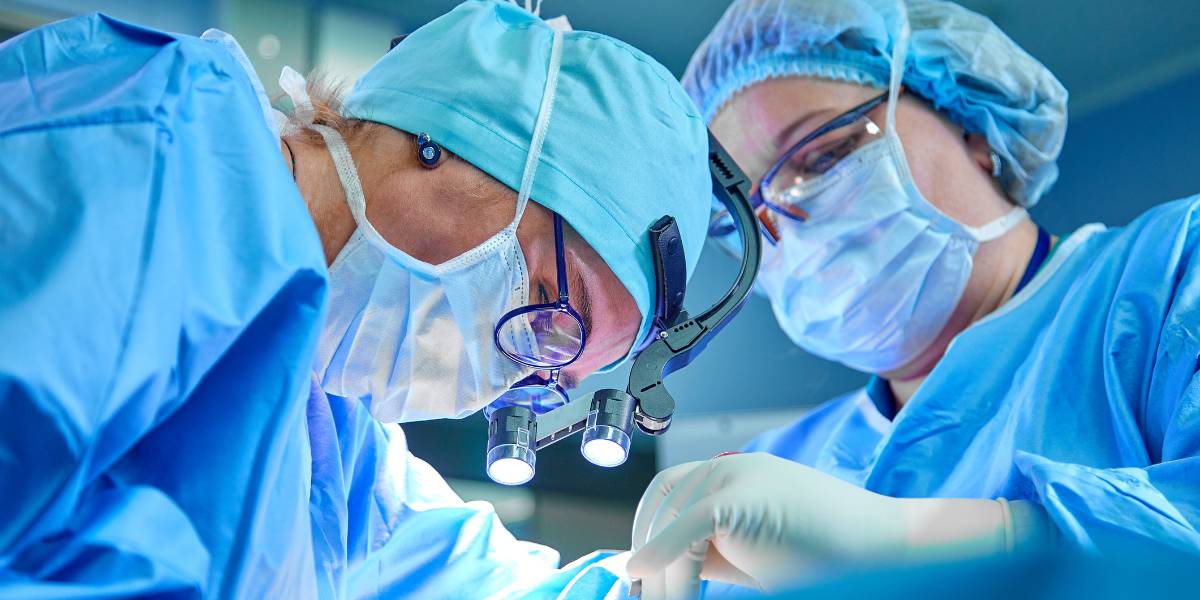Faecal transplants could offer relief to the nerve pain experienced by many people with diabetes, researchers have said.
More than half of people with diabetes suffer from painful neuropathy which causes tingling, numbness and stinging.
A team which included Professor Liping Zhao from Rutgers University in New Jersey examined the faecal samples from 86 people. Of this group, 27 people experienced diabetes-related nerve pain and 30 had diabetes but not nerve pain, while the remainder did not have diabetes.
A greater amount of 13 bacteria were found in those with neuropathy compared to those without nerve pain, with the bacteria making up almost 12% of the gut microbiome in people with neuropathy and less than 2% in people without.
The researchers say this could mean that an altered gut microbiome could be behind neuropathy in people with diabetes.
The team went on to transplant faecal samples from people without diabetes into 22 participants with diabetic-related nerve pain. A group of 10 people with neuropathy received a placebo.
At follow up after 84 days, the researchers found that nerve pain reduced, on average, by around 35% in people who had the transplant and around 5% in people who did not.
Improvements were linked with a specific group of gut bacteria that reduces inflammation, one of them being Faecalibacterium prausnitzii.
There are currently no treatment options available for people with diabetic neuropathy, but this study highlights methods which could be further developed in the future to offer relief.
The researchers did note that the beneficial effects of the faecal transplants did begin to wear off after three months.
What is a faecal transplant?
A faecal microbiota transplant (FMT), also known as a faecal transplant, is a procedure involves collecting stool from a healthy donor which is first screened for safety.
Once confirmed safe, a screened stool is then mixed with a saline solution and administered to the recipient. The transplant can be conducted through a number of methods including a colonoscopy, endoscopy, sigmoidoscopy, or even via a pill.
- Gut microbiome changes linked to chronic fatigue syndrome
- Meditation could have positive effects on microbiome and gut health, study shows
Microbiome-based therapies
The authors said: “The development of personalised microbiome-based therapies, which take into account the unique gut microbiota composition of individual patients, may hold promise in improving treatment outcomes for patients with distal symmetric polyneuropathy.”
Mindy Patterson at Texas Woman’s University said that results could pave the way for developments such as nutritional interventions that support beneficial gut bacteria, saying: “Diet is the number one influence on [the] gut microbiome.”
Read the study in the journal Cell Metabolism.


